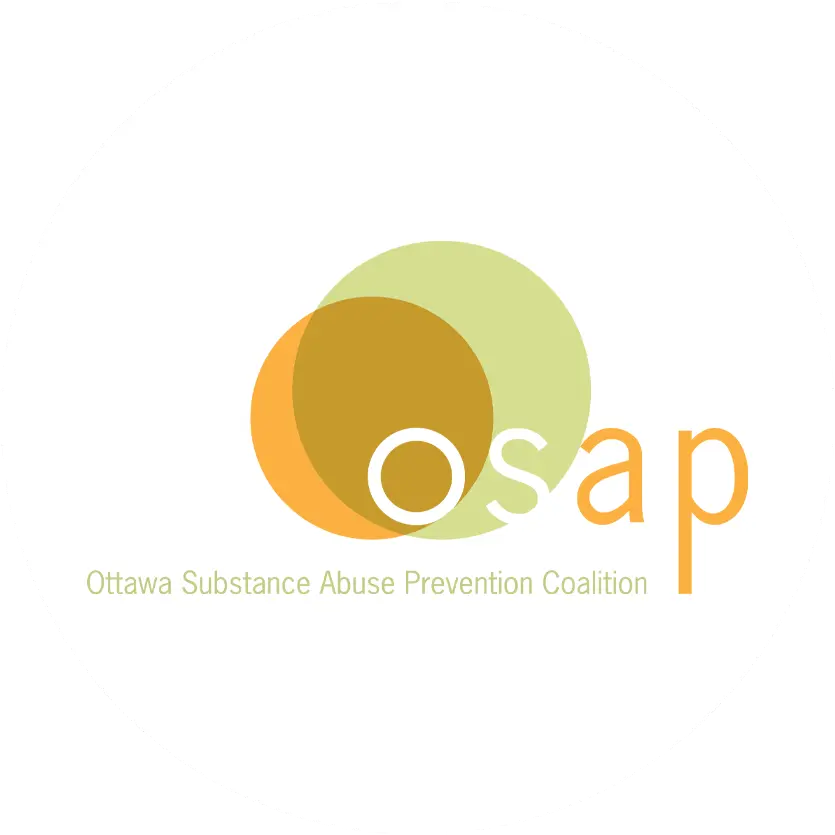THRIVING FAMILIES
Families all over are thriving, but it takes effort to establish and maintain a healthy family life. Watch as these West Michigan families talk about and demonstrate what they do to help their family thrive, the struggles they experience as parents or caregivers, and what you can do within your family.

WHAT IS A THRIVING FAMILY?
HOW DO WE DEFINE A FAMILY?
A family has a variety of structures. Building a thriving family applies no matter how you define your family.
WAYS TO BUILD A THRIVING FAMILY:
Spend purposeful quality time together

Foster positive and healthy adult relationships
Maintain open communication
Recognize mental health and treatment

Identify behavioral, mental, and social influences
Looking for help?
If you are struggling as a parent, talk to another parent. Find support from your friends and family, and know you are not alone. If you need more than a friend, there are ways to build your parenting toolbox with parenting resources and parent education.
The information above came through a collaborative effort of the Northwest Quadrant, an Ottawa Substance Abuse Prevention (OSAP) Coalition subcommittee. We are a group of local agencies, schools, parents, youth, and individuals working to help families in the Tri-Cities thrive. While our focus is on preventing youth substance use, we understand teens experiment with alcohol and other drugs for various reasons. If we truly want our community to be the healthiest place for kids, our families must have the resources to be as strong as they can be. The Thriving Families Campaign came out of the desire to help our community understand the challenges we face, and build the skills and protective factors to ensure every child, teen, parent, and family can thrive.
